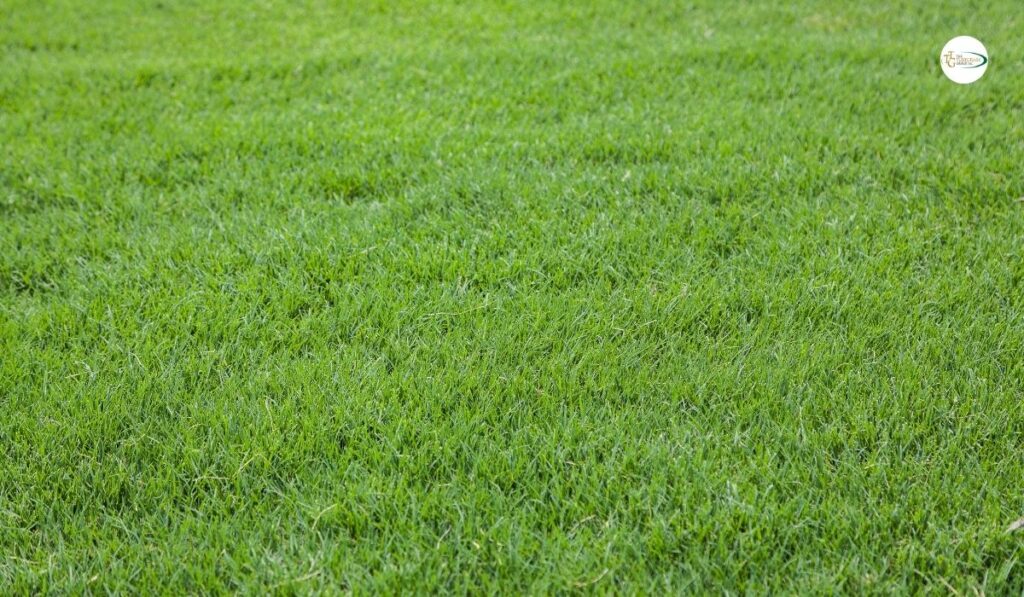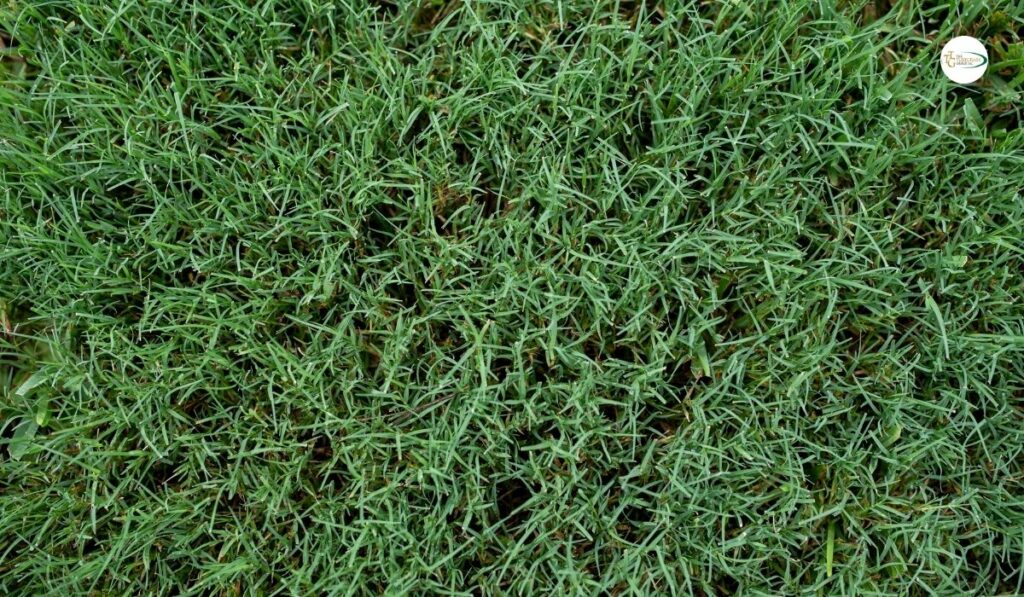The Science Behind Mosquito Misting Systems: How Does It Work?
To combat these blood-sucking pests, various methods have been developed, one of which is mosquito misting systems.
These systems use a combination of science and technology to control mosquito populations effectively.
In this article, we’ll delve into the science behind mosquito misting and explore how these systems work.
Understanding Mosquito Misting Systems
Mosquito misting systems are automated devices designed to release a fine mist of insecticide into the air at regular intervals.
These systems consist of a reservoir containing insecticide solution, a pump, tubing, and a network of spray nozzles strategically placed around the perimeter of a property.
The misting process is usually controlled by a timer or remote control, allowing for convenient and efficient mosquito control.
The Science of Mosquito Control
The effectiveness of mosquito misting systems lies in the active ingredients of the insecticide solution and the method of dispersion.
Most mosquito misting solutions contain pyrethroids, synthetic chemicals derived from natural compounds found in chrysanthemum flowers.
Pyrethroids are highly effective insecticides that disrupt insects’ nervous systems, leading to paralysis and death.
When the misting system is activated, the pump pressurizes the insecticide solution, forcing it through the tubing and out of the spray nozzles.
The fine mist produced by the nozzles disperses into the air, covering a wide area.
Mosquitoes flying through the fog come into contact with the insecticide particles, which adhere to their bodies and interfere with their nervous systems.
This leads to rapid incapacitation and mortality, effectively reducing mosquito populations in the treated area.
Factors Affecting Mosquito Misting Effectiveness
Several factors influence the effectiveness of mosquito misting systems, including the concentration of insecticide in the solution, the frequency and duration of misting cycles, environmental conditions, and mosquito species.
Proper calibration of the system is essential to ensure optimal coverage and efficacy while minimizing ecological impact.
Environmental Considerations
While mosquito misting systems can be highly effective in controlling mosquito populations, it’s essential to consider their potential impact on non-target organisms and the environment.
Pyrethroids can be toxic to fish, bees, and other beneficial insects if misapplied or allowed to drift into water bodies or flowering plants.
To mitigate these risks, it’s crucial to follow manufacturer guidelines, use insecticides approved for mosquito control, and avoid spraying during windy conditions.
Environmental Considerations (Continued):
Additionally, advancements in mosquito misting technology have led to the development of more environmentally friendly formulations and application methods.
Some modern misting systems utilize biodegradable insecticides or natural repellents derived from plant extracts, offering effective mosquito control without harming beneficial insects or contaminating water sources.
These eco-friendly alternatives are constructive for use in sensitive environments such as organic farms, wildlife habitats, and residential areas with children and pets.
Furthermore, integrated pest management (IPM) approaches advocate for the use of multiple strategies to control mosquito populations, including habitat modification, biological control agents, and targeted insecticide application.
When combined with mosquito misting systems, IPM can provide comprehensive and sustainable mosquito control solutions while minimizing reliance on chemical insecticides.
Future Directions:
As technology continues to advance, the future of mosquito misting systems looks promising.
Researchers are exploring innovative approaches such as automated monitoring and predictive modeling to optimize mosquito control efforts and reduce the risk of disease transmission.
Additionally, the integration of artificial intelligence and remote sensing technologies holds the potential to enhance the precision and efficiency of mosquito control interventions, allowing for real-time monitoring and adaptive management strategies.
Moreover, ongoing research into alternative insecticides and novel delivery methods aims to improve the safety, efficacy, and sustainability of mosquito misting systems further.
By embracing interdisciplinary collaborations and leveraging cutting-edge technologies, scientists and practitioners can develop holistic mosquito control strategies that protect public health and preserve the environment for future generations.
Public Health Implications:
Effective mosquito control is crucial for protecting public health and reducing the burden of mosquito-borne diseases worldwide.
Mosquito misting systems play a vital role in this effort by providing a proactive and targeted approach to mosquito control.
By reducing mosquito populations in residential areas, parks, and public spaces, these systems help minimize the risk of disease transmission and alleviate the socioeconomic impact of mosquito-borne illnesses on communities.
Furthermore, mosquito misting systems can be particularly beneficial in regions where mosquitoes are vectors for multiple diseases, such as malaria, dengue fever, and Zika virus.
By deploying misting systems in high-risk areas and implementing comprehensive mosquito control programs, public health authorities can mitigate the spread of these diseases and protect vulnerable populations, including pregnant women, children, and the elderly.
Community Engagement and Education:
Effective mosquito control requires collaboration and engagement from the community, including homeowners, local authorities, and public health agencies.
Education plays a crucial role in raising awareness about mosquito-borne diseases, mosquito breeding habitats, and the importance of preventive measures such as using mosquito repellents, wearing protective clothing, and eliminating standing water sources.
Moreover, community involvement in mosquito surveillance and reporting can help identify mosquito breeding sites and hotspots, allowing for targeted mosquito control interventions.
Public health agencies can also provide guidance and resources to homeowners on the proper use of mosquito misting systems, including maintenance, calibration, and safety precautions.
Conclusion
In conclusion, mosquito misting systems offer a scientifically proven and technologically advanced approach to mosquito control, leveraging the principles of insecticide application to reduce mosquito populations and mitigate the risk of disease transmission.
However, it’s essential to consider environmental impacts, community engagement, and integrated pest management approaches to ensure sustainable and effective mosquito control strategies.
By combining innovative technologies, eco-friendly formulations, and community-based initiatives, we can achieve comprehensive mosquito control solutions that protect public health, preserve the environment, and promote sustainable development.
Together, we can create a world where mosquitoes are no longer a threat to human health and well-being.
For more information on mosquito misting systems and how to implement them in your community, please visit our website at Mr. Mister Mosquito Control.
FAQs
What is a mosquito misting system?
Mosquito misting systems are automated devices designed to release a fine mist of insecticide into the air at regular intervals. They consist of a reservoir containing insecticide solution, a pump, tubing, and a network of spray nozzles.
How do mosquito misting systems work?
When activated, the pump pressurizes the insecticide solution, forcing it through the tubing and out of the spray nozzles. The mist disperses into the air, covering a wide area. Mosquitoes flying through the fog come into contact with the insecticide particles, leading to rapid incapacitation and mortality.
What are the active ingredients in mosquito misting solutions?
Most mosquito misting solutions contain pyrethroids, synthetic chemicals derived from natural compounds found in chrysanthemum flowers. Pyrethroids disrupt the nervous system of insects, leading to paralysis and death.
What factors affect the effectiveness of mosquito misting systems?
Several factors influence effectiveness, including the concentration of insecticide, frequency and duration of misting cycles, environmental conditions, and mosquito species. Proper calibration is essential for optimal coverage and efficacy.
Are mosquito misting systems environmentally friendly?
While effective, mosquito misting systems can impact non-target organisms and the environment. It’s crucial to follow manufacturer guidelines, use approved insecticides, and avoid spraying during windy conditions to minimize risks.
Are there eco-friendly alternatives to traditional insecticides?
Yes, advancements have led to the development of more environmentally friendly formulations using biodegradable insecticides or natural repellents derived from plant extracts. These alternatives are beneficial for sensitive environments and residential areas.
What is integrated pest management (IPM), and how does it relate to mosquito control?
IPM advocates for using multiple strategies, including habitat modification and biological control agents, alongside targeted insecticide application. When combined with mosquito misting systems, IPM provides comprehensive and sustainable mosquito control.
What does the future hold for mosquito misting systems?
Ongoing research aims to optimize mosquito control efforts through automated monitoring, predictive modeling, and the integration of artificial intelligence and remote sensing technologies. Alternative insecticides and delivery methods are also being explored for improved safety and efficacy.
What are the public health implications of mosquito misting systems?
Mosquito misting systems play a vital role in protecting public health by reducing mosquito populations and minimizing the risk of disease transmission, especially in regions where mosquitoes are vectors for multiple diseases.
How can communities engage in effective mosquito control?
Community involvement, education, and surveillance are essential for effective mosquito control. Raising awareness about preventive measures and providing guidance on the proper use of mosquito misting systems can help mitigate the spread of mosquito-borne diseases.
Are mosquito misting systems safe for use around children and pets?
When used according to manufacturer guidelines, mosquito misting systems are generally safe for use around children and pets. However, safety precautions, such as keeping children and pets indoors during misting cycles and ensuring proper ventilation after application, are essential.
Can mosquito misting systems be used in organic farming or wildlife habitats?
Yes, some modern misting systems utilize eco-friendly formulations and natural repellents, making them suitable for use in organic farming and wildlife habitats. These systems provide effective mosquito control without harming beneficial insects or contaminating the environment.
How can homeowners ensure the effectiveness of mosquito misting systems on their properties?
Homeowners can ensure the effectiveness of mosquito misting systems by regularly maintaining and calibrating the equipment, monitoring mosquito activity, and adjusting misting schedules based on environmental conditions. Additionally, they should follow best practices for mosquito control and integrate misting systems into comprehensive mosquito management plans.
* Schedule a Free Mosquito Control Consultation – 404-941-0720 *
* Guaranteed Results * 100% Biodegradable * Locally Owned







